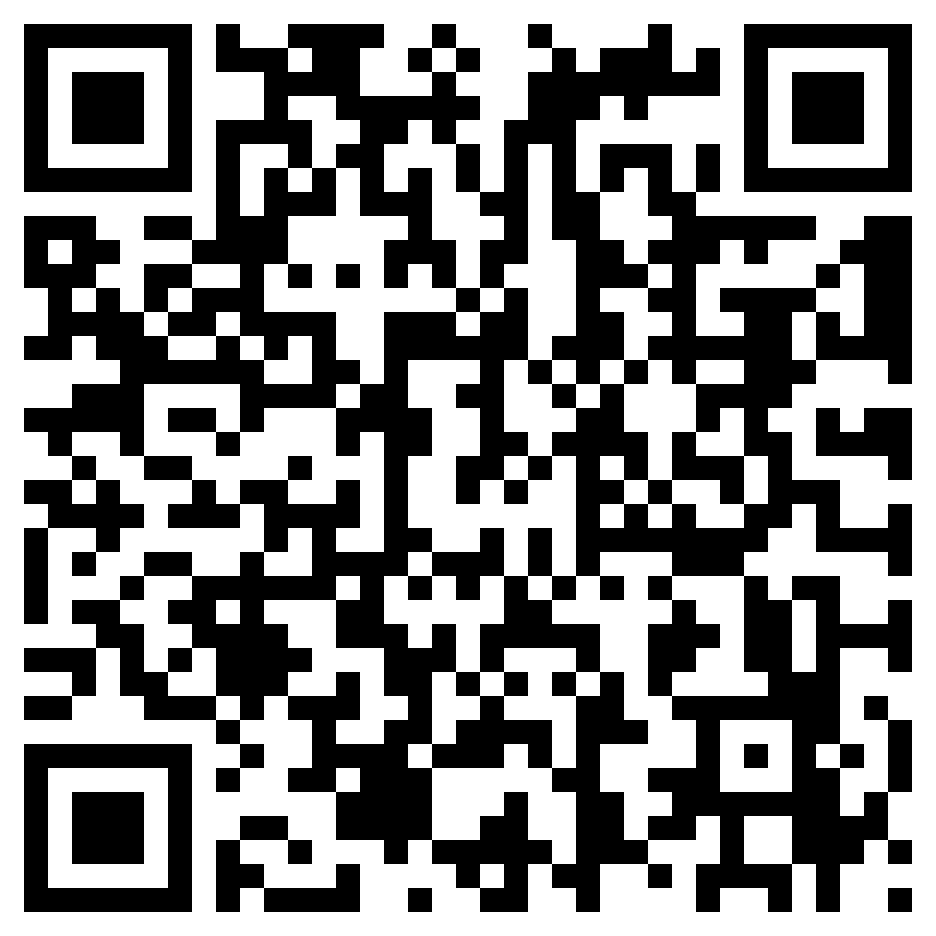Lesson 1: Making of an Expert
Matthew Syed is a former British table tennis player and has been the number one player for many years. He has also been a three-time Commonwealth champion, and two-times Olympian. Despite his successful past, Syed firmly believes that he owes it not to his own individual abilities but to a series of unusual circumstances. He believes that he had been gifted with powerful opportunities as a child that allowed him to get the right coach, and get maximum hours of practice, all the right time. He thus advocated that sports are not about meritocracy but hidden advantages, extraordinary opportunities, and cultural legacies.
For long a belief has been established that certain people are simply born with outstanding abilities that have enabled them to be successful in their respective fields. People like Tiger Woods and Roger Federer have special skills which differentiate them from the ordinary masses. This is a myth which shall be debunked in this insight. Anders Ericsson conducted an experiment which studied the differences between the top and average violinists in a University. The result showed that while the students had similar biographical histories, the only deviation occurred in the number of hours they put into practice. The top performers had devoted thousands of additional practice hours. It was thus the increased practice that gave them their enhanced abilities. Extensive research has revealed that a person requires a minimum of ten years or ten thousand hours to reach world-class status in any complex field.
Ericsson then presents the concept of “iceberg illusion”. While encountering extraordinary feats of sporting or artistic powers, people tend to focus on the result. What most people miss to notice is the countless hours of practice that had gone into it. This concept holds true in diverse fields like sports, music, chess, education, and business.
The top performers, especially in sports or any field which require quick actions like firefighters, seem to have unnatural instincts that allow them to analyze a situation and move at an alarming speed. This again happens because of practice. The long hours of practice allow these people to form mnemonics based on experience. Psychologists term this as “chunking”. The performers look at the subtle patterns of movement and partial clues and decode their meaning from their long experience. They are able to recognize familiar scenarios and chunk perceptual information into meaningful patterns which then leads to quick responses. They gained this experience during their ten thousand hours of practice.
However, these top performers often have to deal with expert-induced amnesia. When a motor skill has been practiced for too long, its memory becomes
Unlock Knowledge with Wizdom App
Explore a world of insights and wisdom at your fingertips with the Wizdom app.
 1 Million+ App Download
1 Million+ App Download  4.9App Store Rating
4.9App Store Rating 5000+Summaries & Podcasts
5000+Summaries & Podcasts





